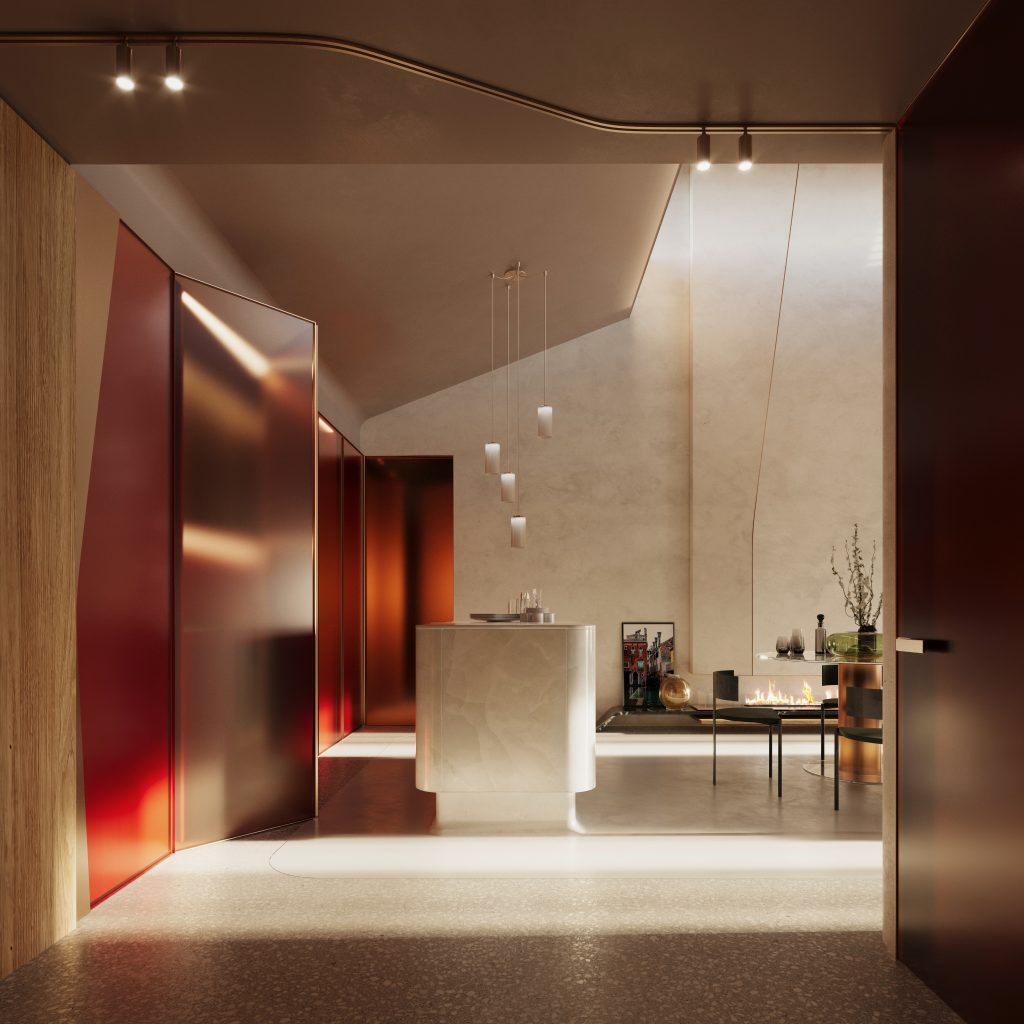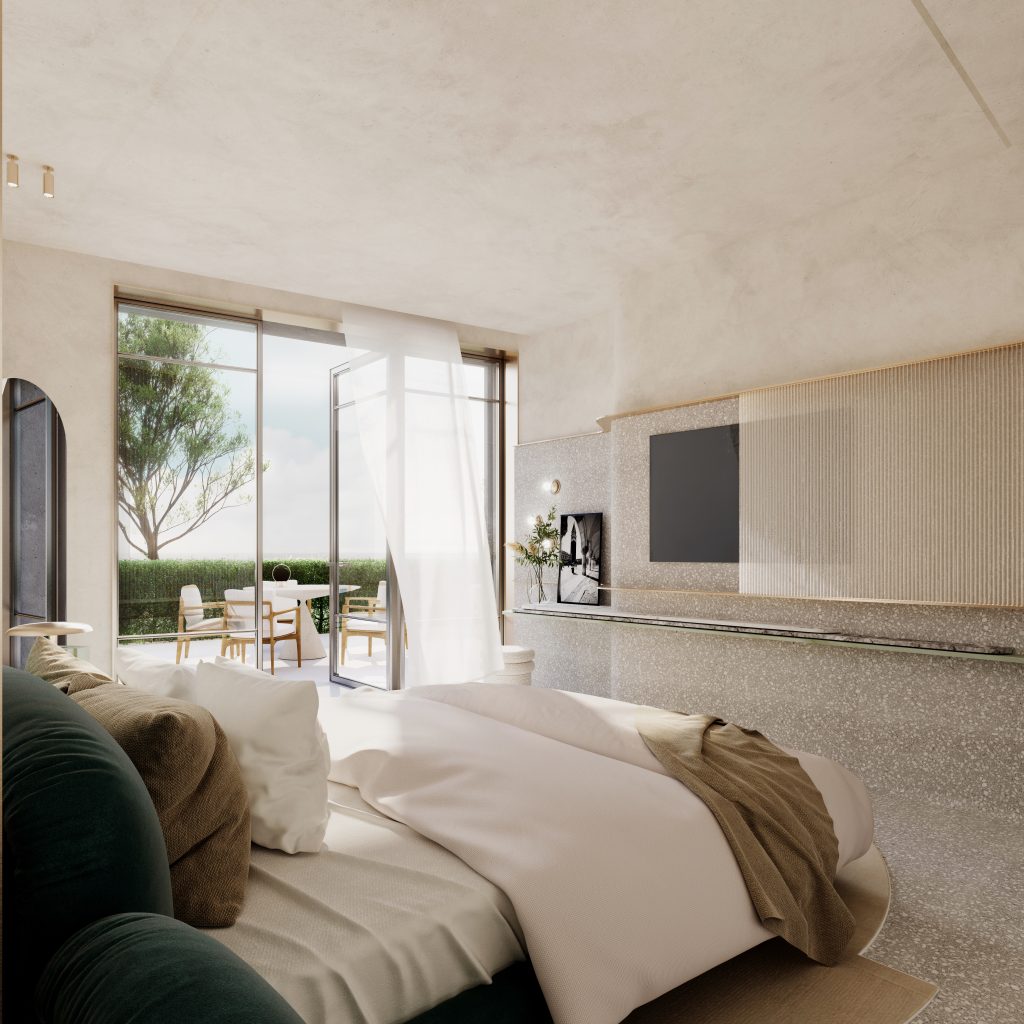Interview with FHG Founder Christopher Downing

Invest in Italy
Sponsor
ForeverGood Hotels Founder Christopher Downing discusses the Italian Investor Visa, FoveverGood Hotels, and fund investments within the scope of residency by investment in this interview.
Why did you choose Italy instead of more historically prominent Golden Visa destinations such as Portugal or Greece?
Other Visa programmes that centre on the purchase of real estate and not investment in the country’s economy are now under scrutiny due to concerns of artificially raising property prices in the major cities and decreased returns on investment.
They have also created resentment amongst the local population, who the programmes are pricing out of their own towns.
However, the population positively welcomes programmes that allow the government to utilise foreign investors’ direct investment into the country’s economy to procure a Residence Permit to travel to any country of the EU, including Italy, ensuring the stability and longevity of the programme.
That critical difference is why I consider Italy’s option to be the EU’s most stable – and mutually beneficial – residency by investment programme, and this is one reason I chose it above the others.
Can you explain how ForeverGood Hotels integrates into the Italian La Dolce Visa’s investment regulations?
We prefer to use the term “Investor Visa” as we have created a model that invests directly into the country’s economy through a regulated fund that purchases hospitality assets such as operating hotels and hotel development opportunities.
Italy is the leading hospitality destination in Europe and is considered a strategic industry.
Investment into a managed Fund will allow for the indirect ownership of multiple hospitality assets in diverse locations, without taking direct management risks.
It also boasts investments superior to a simple, pure brick-and-mortar solution with its direct management operations. The Italian Investor Scheme is more advanced and rewarding, providing security of investment and a return on capital invested, ownership of trophy assets, and the opportunity for visa-free travel to all the Schengen Zone Countries.
What inspired you to partner with ForeverGood Hotels and focus on sustainable luxury hospitality in Italy?
Despite the hospitality sector’s importance to the Italian Economy (being almost three times the size of the Italian Car Industry), Italy has a fragmented hospitality market, providing ForeverGood Hotels the opportunity to develop assets in multiple locations from the main cities to resorts on the seaside and mountains.
Italy is culture, food, art, and nature; where else are all those components in the tourism world? Luxury nowadays is not starched shirts and waiters wearing white jackets; it is more of a feeling and an understanding that we should not only elevate guest experiences but also curate and enhance the beauty that is Italy for future generations.

What are some of the key highlights you are most excited about within ForeverGood Hotels’ first property, “The Glass House”?
ForeverGood Hotels has invested time and effort in identifying hospitality assets in various locations in Italy; however, in “The Glass House” project, we see a true trophy asset and one of our flagship locations.
The Glass House in Venice is a superb heritage destination. It is off the beaten path but with access to one of the most iconic cities in the world.
Venice is a unique place, and we have incorporated the best of it into the project, from using Riva’s as water transport for the guests, our proposed cigar bar, and the brilliance of world-class designers to deliver a unique product.
How does ForeverGood Hotels differentiate itself in delivering authentic local experiences for guests?
The vision of luxury is moving towards sustainability, and guests will increasingly desire to enjoy heightened experiences whilst also respecting the ecosystem of the hotel’s location.
The magic will exceed the activities; we have also weaved it into the tailoring and personalising experiences our dedicated associates have created that will suggest and organise individual trip itineraries, building long-lasting memories.

What sustainable and wellness principles guide the development of ForeverGood Hotels’ assets?
The team will translate our vision into activities, training the staff responsibly to preserve the destination, and sharing the stories with the guests that will be part of the plan to reduce waste, eliminate plastic packaging, rationalise energy, and source locally raised products.
Can you discuss the experienced team you’ve assembled across hospitality, design, legal, and financial advisors, etc.?
We have assembled the team by identifying the best competencies in each discipline and assessing their fit with the project’s vision, the spirit of knowledge sharing, and the collaborative path.
The team includes world leaders in architecture and design, including Pininfarina and Goddard Littlefair. This philosophy will guide future additions to the team, including when the projects require Marketing, Human Resources, Operations, Quality, Finance, and Technology leaders.
We also employ the services of Deloitte and other internationally recognised professional advisers to deliver a sustainable product.
How does ForeverGood Hotels identify and transform unique properties into luxury hospitality destinations?
ForeverGood Hotels has an experienced internal management team that can select the right asset based on location, detailed projections, and expected returns.
The business model with ForeverGood Hotels is to create a branded concept that will leverage the destination features by elevating the experiences and offering a key to open the destination doors.
For example, private visits, unique access to events, and a club designed to introduce Investors to local affluents and expand their relationships for future business opportunities are just some of the experiences we offer.
What additional benefits do ForeverGood Hotels Investors receive beyond the financial returns?
We offer Investors various benefits, such as a dedicated concierge desk to plan their trip, a bespoke reservation office, special priority access to events, and promotional initiatives to stay at the Hotel.
The community can join Grand Openings and receive tailored programmes, drive heritage cars, access major premieres like the Biennale of Art and Film Festival in Venice, and have similar exceptional experiences.
This luxury-dripping approach will generate a new reputation model for aspirational Investors under the Italian Investor Visa Scheme.
What is your vision for growing Invest in Italy and ForeverGood Hotels brand across Italy in the coming years?
In addition to the three assets owned by ForeverGood, we have identified over 14 other properties brimming with investment opportunities and exciting development projects, totaling some €200 million. We plan to grow our concept exponentially.

Can you explain the process and timeline for Investors to participate and obtain the Italian Investor Visa?
The process is simple, and investors can initiate it online, taking approximately 90 days from inception to receipt of the Visa in the applicant’s country.
Once the applicants receive the initial Visa stamp, they travel to Italy to collect their residence permit, allowing visa-free travel in the Schengen zone. You can find more details about the process at www.investinitaly.world
What are the projected investment returns and buyback options for Investors in ForeverGood Hotels?
One of the advantages of using a managed fund (SICAF) is that we create liquidity for the return on the original investment at clearly defined exit horizons.
We base our calculations in conjunction with the regulated fund manager and our advisory team at a circa 5% annualised return. Moreover, using a SICAF, we can identify where double tax treaties exist, reducing or negating the withholding tax.
What is the regulated SICAF fund structure, and how does it protect and benefit Investors at ForeverGood Hotels?
External regulated Fund Managers manage SICAFs on behalf of investors. SICAFs mainly invest in real estate based on the fund’s pre-determined investment policy.
Italy’s AIFMD and Legislative Decree 58/1998 (known as the Unified Financial Act, or UFA) regulate the SICAFs and ensure compliance with financial regulations.
The SICAF must also have an Italian Custodian Bank that is fully regulated by the Bank of Italy, adding another layer of security. The Bank is required to hold both the invested cash and the financial assets of the SICAF to safeguard the Investors’ rights and the properties held in the fund.
The SICAF must have an external auditor to certify its accounts. It also employs independent experts to evaluate the real estate assets the fund may lease or manage through a third party. The External Management Team will include real estate and hospitality experts who will provide Legal, Administration, Finance, and Asset Management services.
To know more about ForeverGood Hotels and the Italian Investor Visa, contact Invest in Italy at enquiries@investinitaly.world or through their website.

